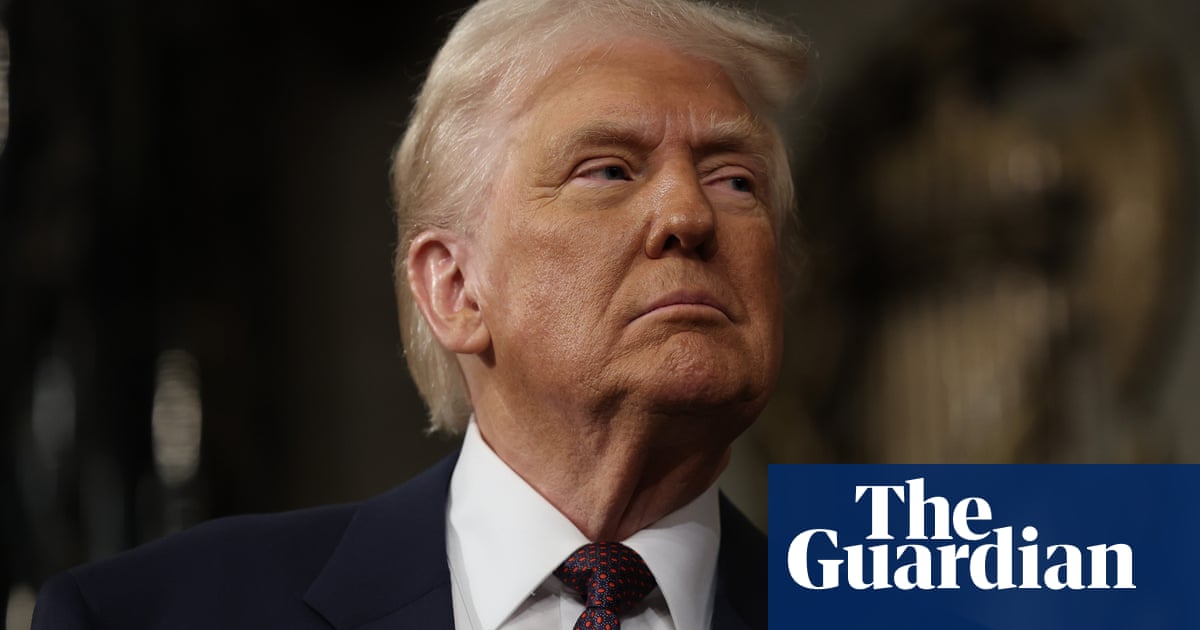Is Europe’s security at risk? This article dives into the evolving geopolitical landscape, revealing critical shifts in attitudes towards key players and potential threats facing the continent. Discover how growing skepticism towards the US and the looming “Trump effect” are impacting European security and driving a push for self-reliance.
Table of Contents
The geopolitical landscape is in constant flux, and Europe finds itself at a critical juncture. Recent polls and surveys paint a picture of evolving attitudes towards key players, potential threats, and the future of security on the continent. As a seasoned observer of international affairs, I’ve been closely monitoring these trends, and the implications are significant.
The Diminishing Allure of the US: A growing Skepticism
One of the most striking takeaways from recent surveys is the growing skepticism towards the United States. While the US has historically been a cornerstone of European security, a significant portion of the population now questions its commitment. This shift is fueled by concerns about the US’s internal political divisions and its potential for isolationism.
Did you know? The North Atlantic Treaty Association (NATO) was founded in 1949, primarily to provide collective security against the Soviet Union. Today, the alliance faces new challenges, including internal disagreements and questions about its relevance in a changing world.
This skepticism is not just theoretical. polls indicate that Europeans are less confident in the US’s willingness to defend them in the event of an attack. This is notably true if the attack were to target countries outside of the US’s immediate sphere of influence.
Pro tip: Keep an eye on the upcoming elections in both the US and Europe. The outcomes could considerably impact the future of transatlantic relations and the level of trust between the two continents.
The Rise of European Self-Reliance: A Call for Increased Defense Spending
In response to the perceived uncertainty surrounding US support, there’s a growing consensus among European leaders and citizens alike: the need for increased defense spending.This isn’t just about buying more weapons; it’s about building a stronger, more independant European defense capability.
Several European nations are already taking steps in this direction.Germany,such as,has announced a significant increase in its defense budget. France is also investing heavily in its military capabilities. This trend is likely to continue, as European nations recognize the need to take greater duty for their own security.
case Study: The European Union’s Permanent Structured Cooperation (PESCO) initiative aims to enhance defense cooperation among member states. This initiative allows countries to pool resources and develop joint military capabilities.
The Russia Factor: A Persistent Threat and Divided Opinions
Russia remains a significant factor in the European security equation. The ongoing conflict in Ukraine has heightened tensions and underscored the potential for further aggression. While there’s a widespread belief that Russia poses a threat, opinions on how to deal with this threat are divided.
Some Europeans favor a more assertive approach, including increased military aid to Ukraine and a willingness to deploy peacekeepers. Others are more cautious,preferring to focus on diplomatic solutions and avoiding actions that could escalate the conflict.
Recent Data Point: A recent poll showed that a majority of Europeans believe Russia would likely attack ukraine again even after a peace deal.This highlights the deep-seated distrust and the challenges of achieving lasting peace.
The Trump Effect: A Shadow Over European Security
The potential return of Donald Trump to the US presidency casts a long shadow over European security. His past statements and actions have raised concerns about his commitment to NATO and his willingness to support European allies.
Polls indicate that a significant portion of Europeans view Trump as a threat to peace and security. this sentiment is particularly strong in countries that have historically relied on the US for protection.
Reader question: how can Europe prepare for a potential shift in US foreign policy, regardless of who is in power?
The Future of Peacekeeping: A European Role?
The idea of deploying European peacekeepers in Ukraine is gaining traction. This proposal, championed by leaders like Emmanuel macron, reflects a desire for Europe to play a more active role in resolving the conflict.
However, public opinion on this issue is divided. While some Europeans support the idea, others are hesitant, citing concerns about the risks involved. The success of any peacekeeping mission would depend on careful planning,international cooperation,and a clear mandate.
Frequently Asked Questions (FAQ)
Q: What are the main concerns about US commitment to European security?
A: Concerns include internal political divisions in the US, potential isolationism, and doubts about the US’s willingness to defend European allies.
Q: What is PESCO?
A: PESCO is the Permanent Structured Cooperation initiative, which aims to enhance defense cooperation among EU member states.
Q: What is the main challenge in achieving lasting peace in ukraine?
A: The main challenge is the deep-seated distrust of Russia and the belief that it may attack again even after a peace deal.
Europe stands at a crossroads. The continent faces a complex set of challenges, from a shifting geopolitical landscape to internal divisions. However, by embracing self-reliance, strengthening its defense capabilities, and fostering international cooperation, Europe can navigate these challenges and secure its future. The path ahead will require careful diplomacy, strategic investments, and a willingness to adapt to a rapidly changing world.
what are your thoughts on these trends? Share your opinions and insights in the comments below. Let’s discuss the future of European security together!

